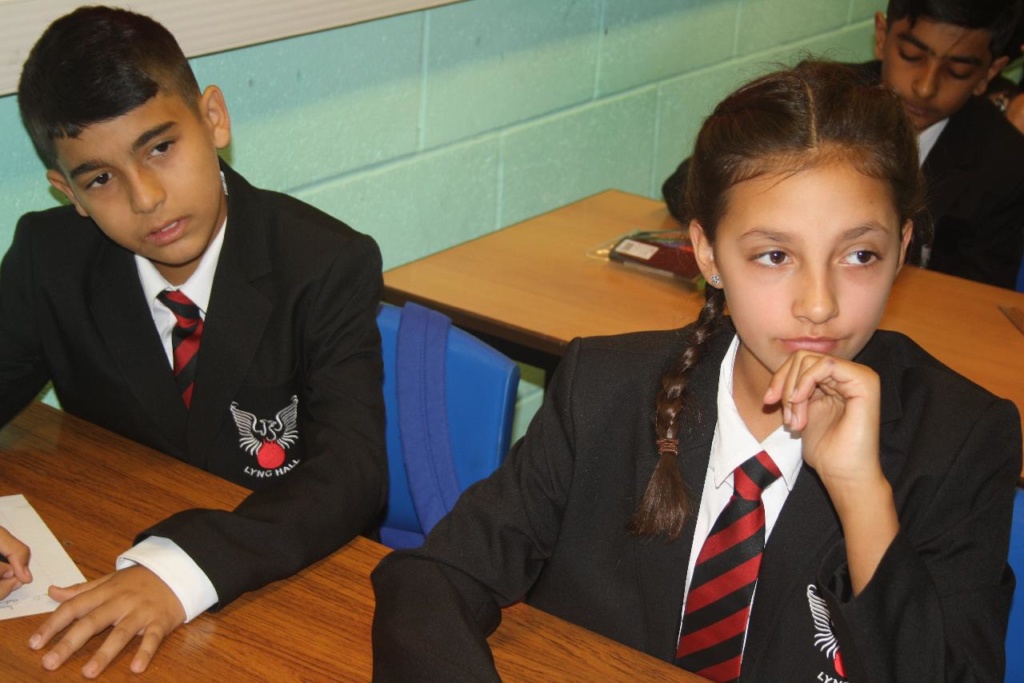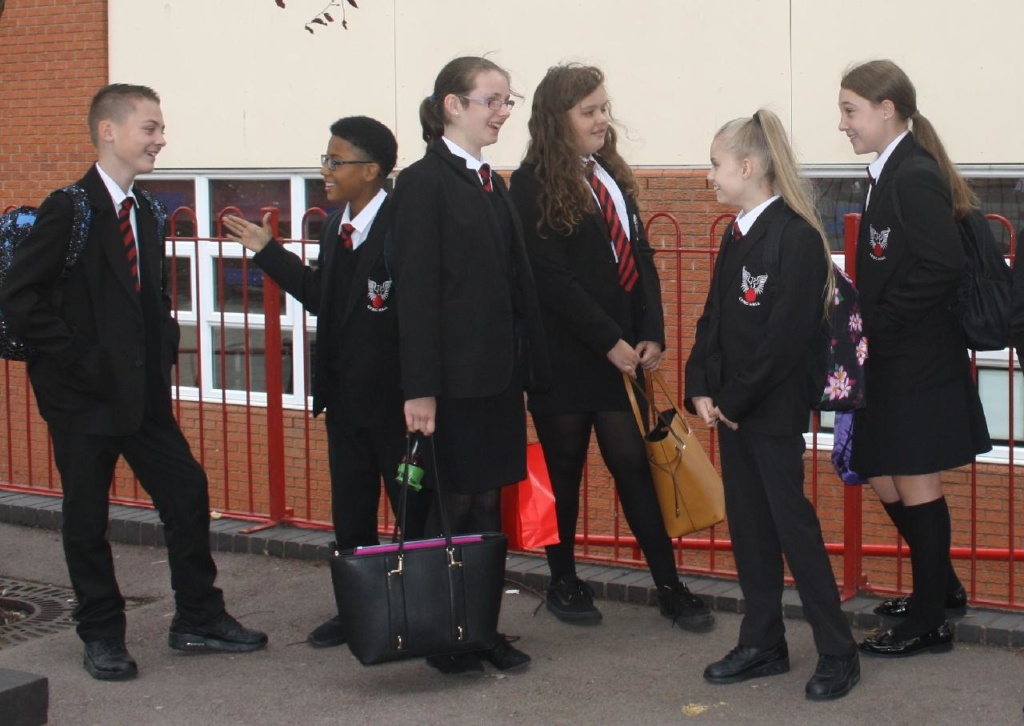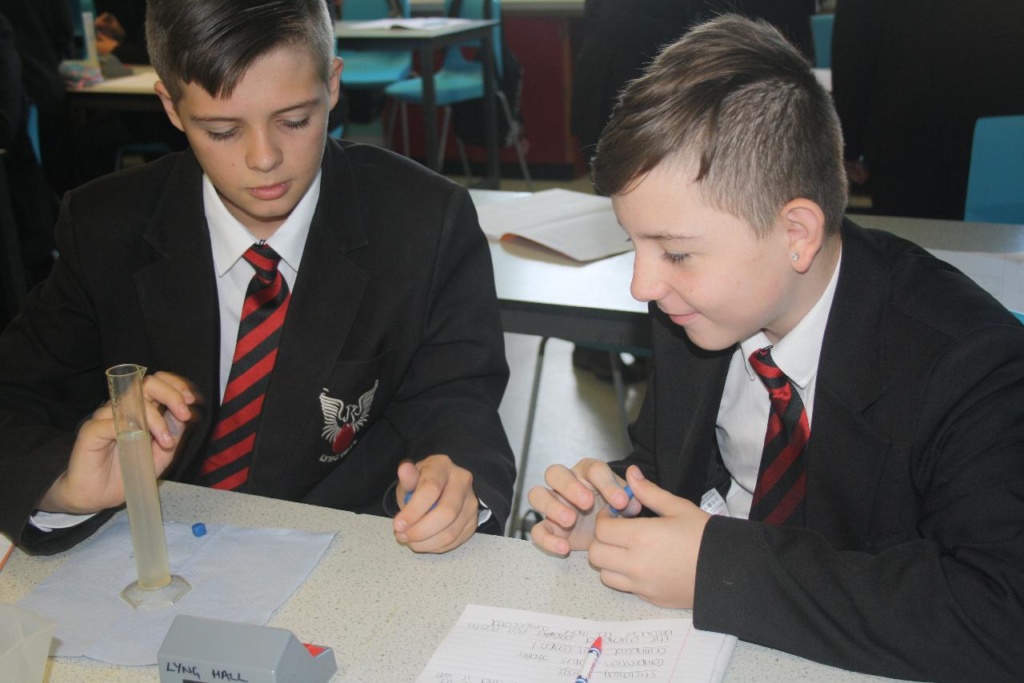
Between 2015/16 and 2016/17, the number of permanent exclusions dramatically increased across state-funded primary, secondary, and special schools by c.15% to 7,720 – around 40 permanent exclusions per day.
Two years on, in 2018/19 the number of permanent exclusions remains just as high, with the number of fixed term exclusions increasing even further from 410,800 to 438,300 – an increase of 27,500.
The most common reason for exclusions tends to be persistent disruptive behaviour, with speculation factors like improving league table performance or schools being ill equipped to deal with the most difficult students also playing a part. The impact of any form of exclusion, managed move or off rolling on a child’s education is profound, lowering attainment at 11 and 16, limiting life choices and chances (Education Data Lab, 2019)
While the reasons for this jump in numbers are far from clear, COVID-19 has made tackling this issue critical as schools plan to return in September. This is especially true given reports (NFER, 2020) indicate that only one third of disadvantaged students have meaningfully participated in learning during partial school closures.
We should not despair though. An Achievement for All (AfA) partner school, Lyng Hall School in Coventry, shows what can be done with the right support. 100 % of the 700+ children attending the 11-18 school have remained fully engaged during COVID-19. All the more remarkable given that the school population includes 47 first languages, with
over 50% of pupils being eligible for Free School Meals. The staff, parents, and pupils are an inspiration.
Too often, taking advantage of external support and expertise is too often the exception, rather than the rule, when it comes to our education system.
Four pillars of the project
The school’s response is based on the four pillars – improved family engagement; levelling up opportunity by closing the disadvantage attainment gap; building emotional strength and resilience in children; and improving digital literacy so online learning is more accessible and meaningful.
These pillars not only acknowledge an anxious or angry mind simply will not learn, but they also recognise that a school cannot be an island. Engaging parents and bringing in external help from AfA’s expert coaches has been at the heart of navigating the toughest period in education for a generation. Indeed, improving digital skills elements has become especially important to allow as many pupils as possible to take advantage of the DfE-backed Oak National Academy.

In practical terms, the AfA model is a partnership with schools, early years, and post-16 settings that brings together expert coaches, school leaders and teachers, parents and carers, children and young people, and other agencies when needed, to improve literacy, numeracy, attendance and behaviour for vulnerable and disadvantaged pupils.
In this partnership, AfA brings an external perspective and decades of experience to make sure staff and school leaders feel both supported but also challenged to improve their school. Importantly, AfA ensures parents and carers feel valued and part of the process, with our expertise ensuring pupils feel that they belong, they can learn, and they can achieve their potential. The evidence for the impact is inspiring as it is profound.
A proven model
The AfA model doesn’t just work as a reaction to the pandemic, however. In 2018, the number children who had been the subject of a fixed-term exclusion decreased by 70% in just one year in the schools that were supported by AfA. We also do all we can to keep the cost per pupil for the programme as low as physically possible. On average, this is just £50 per student per term, while the savings of at least £15,000 per year per pupil putting this into stark contrast.
If rolled out across England, this translates as a potential saving of at least £116 million pounds per year at the current rate of permanent exclusions. This of course doesn’t consider the immense social and educational benefits of fewer exclusions, especially in left behind areas across the country.
Our belief therefore is that every child, irrespective of their background, challenge or need, deserves the right not to be anxious, to achieve their potential, and lead a fulfilling and happy life. The challenge remains, schools need more external support than ever, and parents and carers need to be better included in their child’s education.
There are solutions, of which AfA is just one, but if these solutions are to reach as many pupils as possible, the government must include charities in plans for getting schools open in September.
Case Study
I am Ashmal, I have never been excluded from Lyng Hall School
Hi, I am Ashmal, I am 14 years old, attending Lyng Hall Academy in Coventry. My headteacher tells me that the school is a truly comprehensive academy. Teachers have also said that my friends and I are a delight to teach! I know that I am very grateful to all of them.
I joined the school in Year 7. During my first year the schoolteachers supported me, but I struggled with my attitude and behaviour. By the end of the year I had 389 negative codes (behaviour technique that begins with a positive). I was really bad, but my teachers decided to keep me in the school with an action plan, that has worked!
What happened during the next four years has been amazing. My teachers, headteacher and, my family have saved me from fixed term or permanent exclusion. I was difficult, hard to understand. I wanted to do well but was angry and didn’t know what to do. For the first time in any of my schools my teachers listened to me.
An Associate Teacher, who was my Key worker, got to know my family. They understood what had happened in my life. I went on an anger management programme which made me think about kindness and positivity.
A big part of my life has been the Mentors in Violence Prevention Programme, (based on the Glasgow project where older students mentor younger students to stop them being a bystander) I now really enjoy being a mentor, helping younger pupils just as I was helped.
My parents and I got involved in the Achievement for All programme which helped me, and my Mum and Dad work together with the school on my needs. All of the support has stopped me from being excluded, I am grateful for that.
I am proud that I am now in the top set for English and History, and in the second set for all other subjects (I am working on these). I have turned myself around with the support of my teachers and my parents.
Ashmal’s teacher comments:
What keeps Ashmal and his peers in school begins with attendance and behaviour meetings a weekly forum on behaviour changes, focused on the reason for the behaviour. In the first instance teachers explore what is happening, what support can be given, this involves ringing the parent or carer checking on issues at home. Teachers also talk and listen to Ashmal, focused on positivity and help to support engagement in lessons.
Ashmal was also supported by the school’s strong working partnerships with external agencies, which include social care, CAMHS will share the strategies rather than the student joining a long waiting list, primary mental health and Coventry MIND. We also work with the Boomerang programme to guide teachers on how to manage mental health, build resilience and self-esteem in all students.

COMPASS work around protective behaviours, risky behaviour, substance abuse has provided much needed support. Educational psychologists have also provided and provide support for children with additional support needs, ASD support, and training on emotion coaching for all staff.
Other services within the school involve the Citizens Advice Bureau who provide whole family advice and guidance. The police school liaison officer has worked with EAL students on how to ring police through to restorative justice. There is also small group work after school focused on child exploitation.
It is not just pastoral needs that are addressed, we constantly review the provision, providing appropriate access to learning, allowing all students to learn rather than experience cognitive overload. The principles underpinning the curriculum are Safe, Acceptance, Intervention and Learning – if students are struggling, they move into Foundation classes, supported by an associate teacher who understands the relationship between social and feelings and academic learning.
At Lyng Hall we are a community committed to all students. Lyng Hall is the school that never closes the safety and security provided during term time and holidays, closed only on public holidays.
Just like Ashmal I see the difference they we are making to the life chances of all students. I am proud of Ashmal, and I am proud to be a Lyng Hall teacher.
With thanks to Ashmal, Paul Green – Executive Headteacher, Patricia Grainger- Executive Director of Children and Families (interviewed by Sonia Blandford)
References
Department for Education Exclusion Data 30th July 2020
National Federation of Education Research 16th June 2020
Professor Sonia Blandford is one of the country’s foremost experts on social mobility and author of two influential publications: ‘Born to Fail? Social Mobility, A Working Class View’, ‘Social Mobility, Chance or Choice?’
Founder and CEO of the award-winning education charity, Achievement for All (https://afaeducation.org), Sonia is also visiting professor of education at UCL Institute of Education, University of Warwick, and Plymouth Marjon University.
Currently Chair of ‘Learn’ for The Prince’s Trust 2030 Task Force and Head of Social Mobility: RISE Think Tank (co-chaired by Lord Willetts and Simon Blagden). Sonia is editor of the Teaching Times Inclusion journal, and author of 300 articles and books written for teachers, leaders, parents and carers, and children and young people.
Sonia is married with two amazing, adopted daughters, and a wonderful granddaughter.
Follow Sonia on Twitter at @SoniaAFA3AS
Register for free
No Credit Card required
- Register for free
- Free TeachingTimes Report every month